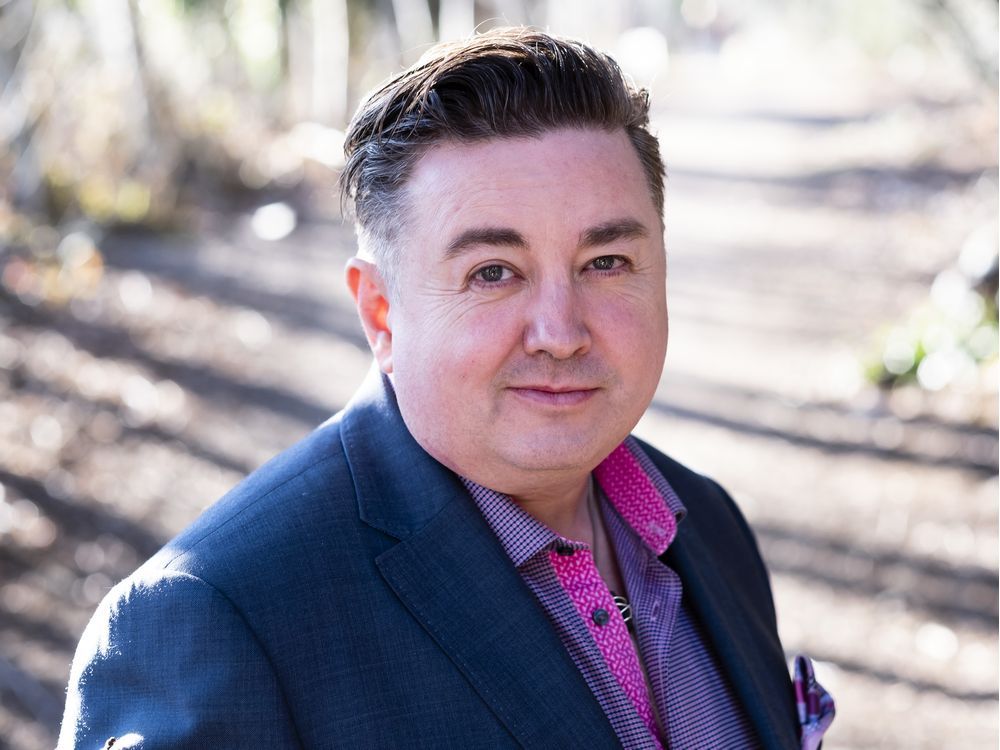Book review: Memoir charts journey from hate and violence to radical compassion

Credit to Author: Tracey Tufnail| Date: Fri, 20 Dec 2019 19:12:38 +0000
The Cure for Hate
A Former White Supremacist’s Journey From Violent Extremism to Radical Compassion
Tony McAleer | Arsenal Pulp Press
$22.95, 233 pages
For years, Vancouver writer Tony McAleer was a violent, angry racist skinhead, a leader in street attacks on gay men and an advocate of Holocaust denial. For a decade and a half, he not only led street violence, he organized, recruited new members for the noxious White Aryan Resistance movement and pioneered in the use of new technology to spread racism.
And yet now McAleer heads up the non-profit organization Life After Hate, dedicated to helping men and women who want to exit from hate groups. His new book, The Cure for Hate, tells the story of his startling metamorphosis. At a time when white supremacist organizing and violence seem to be flourishing around the world and on the Web, with synagogues, mosques and black churches suffering murderous attacks, this is a timely and important book.
McAleer grew up in an upper middle class Vancouver neighbourhood, the son of a psychiatrist and a flight attendant. By adolescence, he was a figure in the city’s skinhead scene and already involved in advocating and committing acts of violence against gay men, Jews and people of colour.
One of his first racist acts, he recalls, was to paste a sticker promoting the anti-Semitic National Front on the doors of the city’s Temple Shalom. Thirty years after that hateful act, McAleer was back at Temple Shalom, this time to confess his offence and to ask the congregation for the forgiveness he recognized he did not deserve. In this instance and many similar encounters seeking atonement and amends recorded in this moving account, McAleer was welcomed and encouraged by the very people he had attacked.
For many readers, the most moving such encounter took place at Auschwitz-Birkenau, the Nazi death camp that killed more than a million Jews, as well as Roma, gay men, Poles and communists. Face to face with the evidence of the genocide he had done so much to avoid and discredit and in dialogue with Maria, a Jewish guide who had lost family members in the Holocaust, McAleer is overwhelmed with grief and regret.
Here and consistently throughout the book, McAleer is careful to stipulate that his grief, and the personal traumas explored in the therapeutic process that has helped him change, do nothing to excuse his racist activism. He takes responsibility and tries to make amends, and along the way, he has written a document for our times.
Tom Sandborn lives and writes in Vancouver. He has been involved for most of his adult life in anti-racist organizing. He welcomes your feedback and story tips at tos65@telus.net.